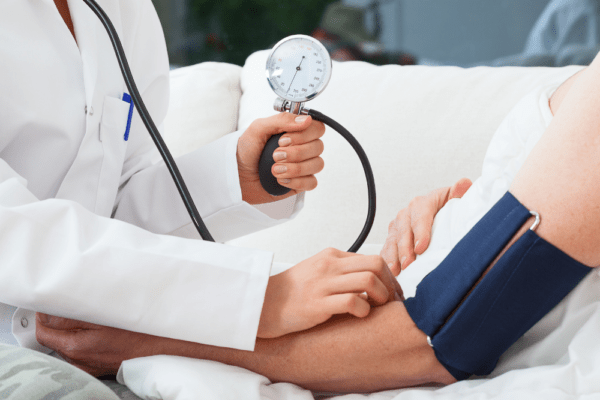A life-threatening medical emergency, the quicker a heart attack is recognized the higher the chances are of survival and recovery from it. In order to successfully overcome from a heart attack, it is crucial to understand the signs and symptoms to ensure immediate treatment.
A heart attack occurs when one of the coronary arteries becomes blocked due to deposition of cholesterol. The blockage is most often a build-up of fat, cholesterol and other substances, which form a plaque in the arteries. The plaque eventually breaks away and forms a clot. The interrupted blood flow can damage or destroy part of the heart muscle.
When the heart muscle is robbed of its vital supply of oxygenated blood it begins to die. If left untreated, the heart begins to fail in pumping blood to the entire body.
Signs and Symptoms of heart attack:
- Pressure, tightness, pain, or a squeezing or aching sensation in chest or arms that may spread to your neck, jaw or back
- Nausea, indigestion, heartburn or abdominal pain, shortness of breath, cold sweat, fatigue, light-headedness or sudden dizziness.
However, it must be noted that heart attack symptoms vary from individuals to individuals and also depend on the severity of the attack.
Heart attack risk factors:
Age: Men age 45 or older and women age 55 or older are more likely to have a heart attack than are younger men and women.
Tobacco: This includes smoking and long-term exposure to second-hand smoke.
High blood pressure: Over time, high blood pressure can damage arteries. Conditions, such as obesity, high cholesterol or diabetes increase the risk even more.
Genetic predisposition: If there is a family history of heart attack with cases of grandparents or parents suffering from heart disease, there is higher probability of suffering from heart attack.
Lack of physical activity: Being inactive and sedentary contribute to high blood cholesterol levels and obesity.
Stress: Individuals respond to stress in ways that can increase the risk of a heart attack.
Prevention
It’s never too late to take steps to prevent a heart attack — even after suffering from one. Here are ways to prevent a heart attack.
Lifestyle factors
Maintain a healthy weight with a heart-healthy diet, don’t smoke, exercise regularly, manage stress and control conditions that can lead to heart attack, such as high blood pressure, high cholesterol and diabetes.
Medications
Taking medications can reduce risk of a subsequent heart attack and help damaged heart function better. Continue to take what the doctor prescribes, and consult regularly on how often to the condition needs to be monitored.
What to do in case of heart attack?
If a person shows the warning signs and symptoms heart attack, don’t panic stay calm. Make the person rest, either by sitting or lying down.
If aspirin is available, make the person chew it. This is advised only in case of the person being non-allergic to aspirin.
If the person stops breathing, then CPR should be performed immediately. Don’t delay in taking the person to the nearest hospital.
Always remember to tell friends and family about the warning signs.
To Read More Fitness Blogs.



